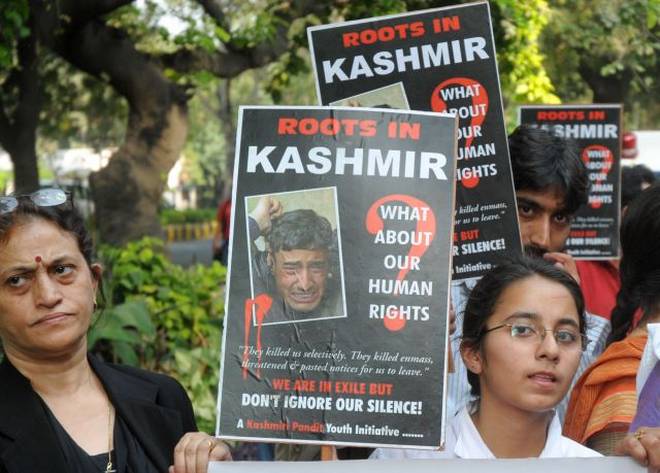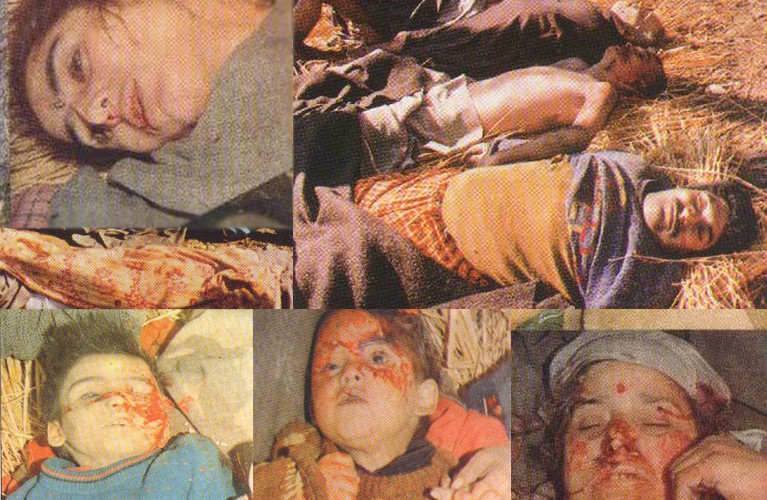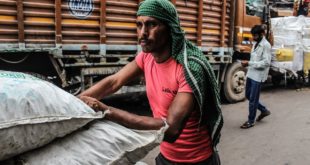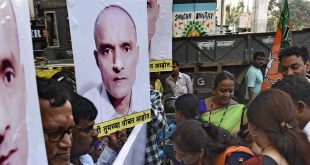Few Kashmiri youths hold the ideology that Kashmir is not an integral part of India, as this ideology is formulated by people like Syed Ali Shah Geelani, Yasin Malik etc, people like them confuse the mass by saying how come an integral part of India can have its own constitution, and still not be independent.
Constitution of Jammu and Kashmir and its relation to India –
To answer this we need to understand the correlation of the Constitution of India with the Constitution of Jammu and Kashmir and the answer is quite simple, the special temporary provision of article 370 of the Indian Constitution which powers the Constitution of Jammu and Kashmir. But even if one goes through the constitution of Jammu and Kashmir, Article 3 states that the state of Jammu and Kashmir is and will be an integral part of India (Relationship of the state with the union of India – Article 3 of Part 2). Furthermore, article 5 of the constitution of Jammu and Kashmir states that the Indian parliament has the right to make laws for the state of the Jammu and Kashmir when it comes to the defense sector, foreign affairs, finance, and communication. Article 5 also talks about the legislative power and executive power of the state, in this matter it interprets that Jammu and Kashmir legislative assembly has legislative and executive power of all matters except those with respect to which parliament of India has the power to make laws for the state under the provisions of the constitution of India (article 5 of part 2). And to protect this Article 147 of the Jammu and Kashmir’s Constitution ensures that no bill for the amendment of the article 3 and article 5 of the constitution of Jammu and Kashmir shall be moved or introduced in the state legislative assembly. The article reads, “No bill shall be introduced or moved in State Legislative Assembly to amend or change above mentioned articles 3 and 5” (Article 147 of part 12).
Constitution of Jammu and Kashmir in relation to Pakistan –
Article 48 of the constitution of Jammu and Kashmir talks about the part of the Kashmir which is administrated by Pakistan and terms it as “Pakistan Occupied Kashmir”. The article also recognizes the 24 seats from the Pakistan occupied territory and mentions that these seats shall remain vacant till Pakistan ceases to occupy the Kashmir territory and the said area shall be excluded in delimiting the territorial constituencies till that time (article 48 0f part VI).
The brutal Exodus of Kashmiri Pandits –
When we talk about Kashmir we can simply not forget or bypass the story of what happened to the Kashmiri Pandits. The nightmare of January 19, 1990, changed the lives of hundreds of Kashmiri Pandits. To this very day, they feel a shiver down their spine when they think of that night. What happened that is capable enough to disturb any person. To understand the exodus of Kashmiri Pandits, one needs to go through the chronological timeline of what happened in Kashmir.

To understand the timeline of Kashmir we will use the example of “Our Moon has Blood Clots” written by Journalist Rahul Pandita.
-
September 1989
The story starts with the murder of the political activist, Tika Lal Taploo, who was shot dead by armed men outside his residence.
-
January 1990
This was a time when massive crowds of Muslims gathered in mosques across the valley shouting anti-Hindu and anti-Indian slogan. The blogs of many Kashmiri Pandits also state that the mosques themselves were announcing statements demanding the Kashmiri Pandits to leave their property and woman behind and run for their life. The night of 19 January was the start of the exodus of the Kashmiri Pandits. In the next few months hundreds of Kashmiris were tortured, killed, raped and by the end of the year, 3,50,000 pandits have to leave the valley and settle in various parts of India.
-
March 1997
Seven Kashmiri Pandits were dragged out of their house and were killed by terrorists in Sangrampora village.
-
January 1998
23 Kashmiri Pandits including women and children were shot in cold blood in Wandhama Village.
-
March 2003
24 Kashmiri Pandits including infants were shot in cold blood in Nadimarg Village.
-
Present scenario
To this very day, returning back to their homeland feels like a dream in the eyes of Kashmiri Pandits. Thousands of Kashmiri Pandits are still waiting in refugee settlements daydreaming of one day returning back to the pace which was their home.

If you want to know what went down on the night of 19 January 1990, here’s an excerpt of Coj Tej Kumar Tikoo’s book “Kashmir: Its Aborigines and Their Exodus”, describing the night of horror –
“As the night fell, the microscopic community became panic-stricken when the Valley began reverberating with the war-cries of Islamists, who had stage-managed the whole event with great care; choosing its timing and the slogans to be used. A host of highly provocative, communal and threatening slogans, interspersed with martial songs, incited the Muslims to come out on the streets and break the chains of ‘slavery’. These exhortations urged the faithful to give a final push to the Kafir in order to ring in the true Islamic order. These slogans were mixed with precise and unambiguous threats to Pandits. They were presented with three choices – Ralive, Tsaliv ya Galive (convert to Islam, leave the place or perish). Tens of thousands of Kashmiri Muslims poured into the streets of the Valley, shouting ‘death to India’ and death to Kafirs..
… The Pandits could see the writing on the wall. If they were lucky enough to see the night through, they would have to vacate the place before they met the same fate as Tikka Lal Taploo and many others. The Seventh Exodus was surely staring them in the face. By morning, it became apparent to Pandits that Kashmiri Muslims had decided to throw them out from the Valley. Broadcasting vicious Jehadi sermons and revolutionary songs, interspersed with blood-curdling shouts and shrieks, threatening Kashmiri Pandits with dire consequences, became a routine ‘Mantra’ of the Muslims of the Valley, to force them to flee from Kashmir…”
How could the conditions of Kashmir be improved in today’s scenario
Kashmir is the most highlighted hotmess in our nation right now, the reason being the armed rebellion of a certain group backed by Pakistan. Pakistan’s ISI has directed its proxies in the Kashmir Valley to intensify their operations against the security forces. Women and youth are being instigated to resort to this form of protest. But if one was to look at the facts of it, then one will realize that the state of Jammu and Kashmir is divided into Ladakh, Jammu, and Kashmir. The facts state that there is no disturbance in the areas of Jammu and Ladakh, it also states that the disturbance happens in just minor districts of Kashmir which is lined with Pakistan Occupied Kashmir. Now if one does rigorous research on why even the disturbance occurs in the minor districts of Kashmir then it will be quite clear that one of the main reason is the repercussions of the Article 370 of the Indian constitution which guarantees special temporary provisions to the state of Jammu and Kashmir which means all the provisions which are applicable to all the states of India are not applicable to the state of J&K. It ensures that no private corporate body can be established there. Now if the common citizen of Kashmir does not have a job of 9 to 9 then they will opt for throwing stones and they are easy to be radicalised in hands of Islamic religious leaders instigating them for jihad. They will opt for the rebel resulting in a state of disturbance. The plain solution for this state is revocation of article 370 from the Indian constitution. And this is just not my ideology but many jurisprudence holds the same ideology. Even our forefathers, the creator of our constitution put down article 370 in our constitution on “temporary” bases. And it was supposed to be temporary, the condition of Kashmir deteriorated by the prolonging of not yet repealing the article 370 from the Indian Constitution. Kashmir will take a sigh of relief the day our government will take a bold and courageous step in correcting what should have been corrected before.
 – Parth Rishik is a budding lawyer at Law College Dehradun, and a columnist writing on legal topics. He also volunteers actively in various NGOs providing legal aid.
– Parth Rishik is a budding lawyer at Law College Dehradun, and a columnist writing on legal topics. He also volunteers actively in various NGOs providing legal aid.
 The Charticle Asia's top notch digital journalism
The Charticle Asia's top notch digital journalism



